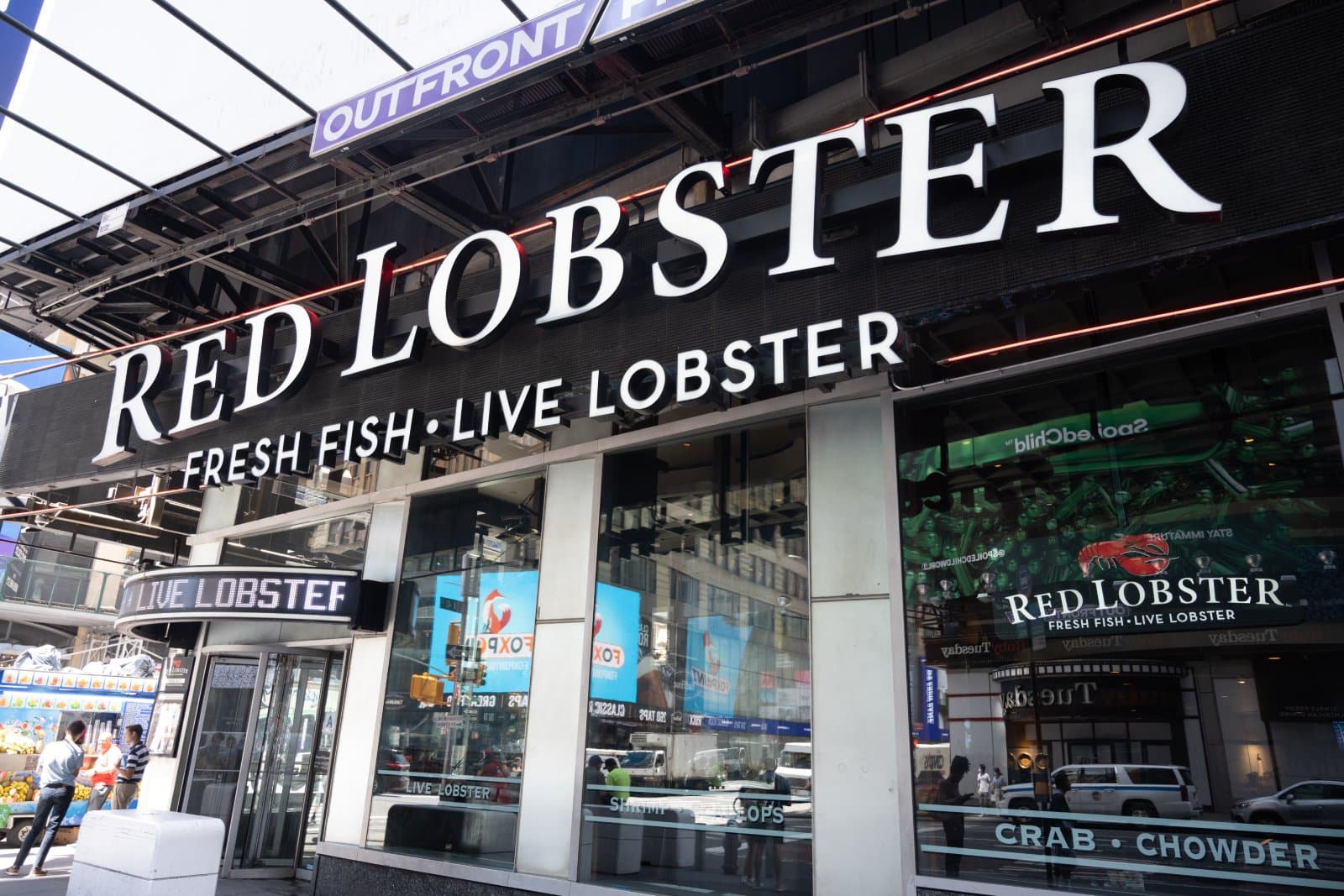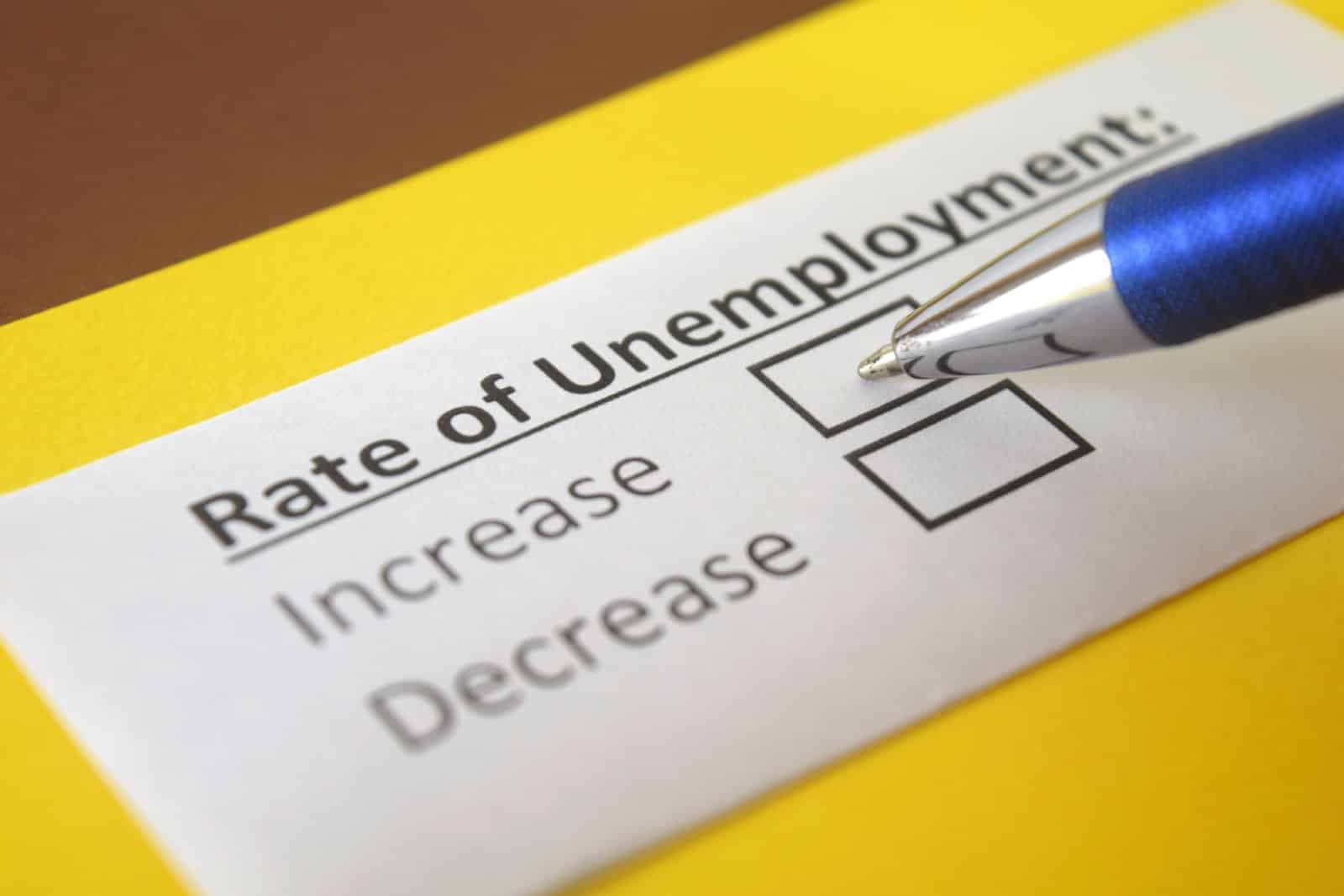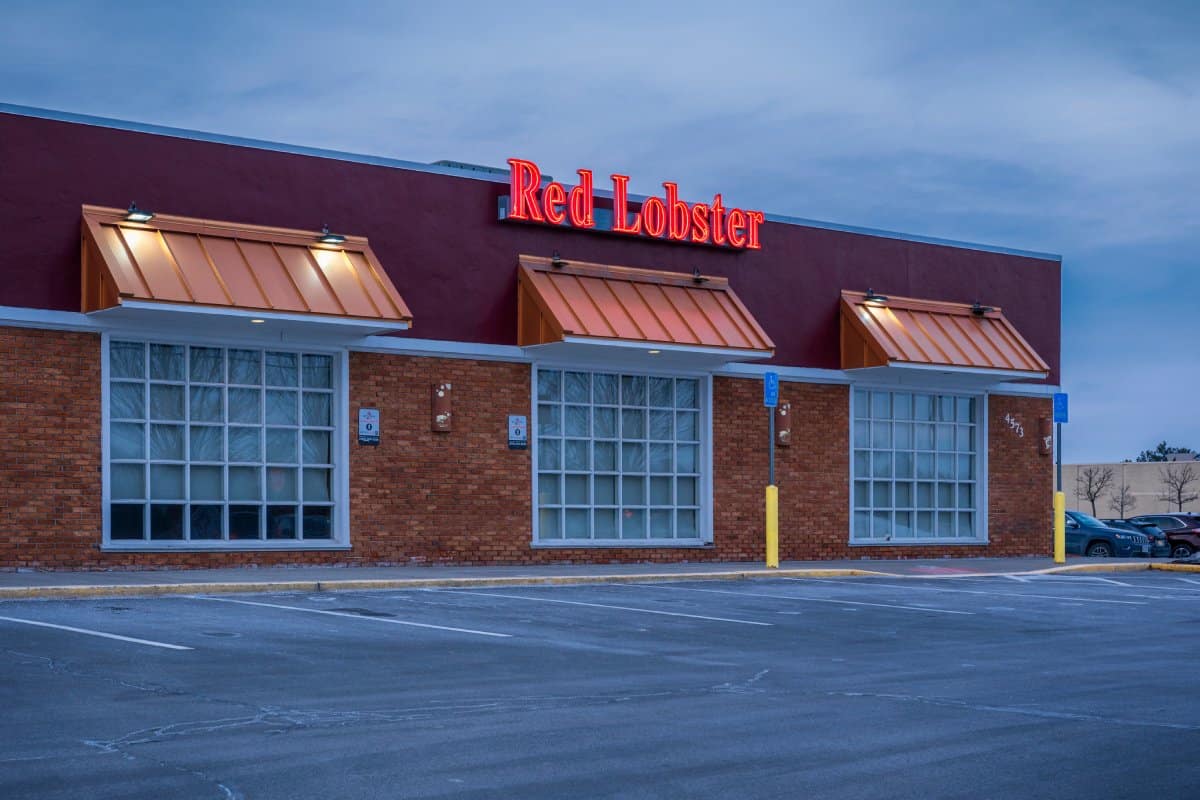Once a sought-after seafood eatery because of its affordable seafood, the American restaurant Red Lobster faced enormous challenges. But were the challenges of its own making?
Once Upon a Lobster

The renowned Red Lobster restaurant opened its doors in 1968 in Florida. The founder, William Bristor Darden, was a successful businessman who is said to have opened his first restaurant, “The Green Frog,” at only age 19.
Going Against the Former Law

Darden was popular and liberal in many ways. Some people described him as “tough and personable” and as someone who positively touched many people’s lives. He was also known as a business owner who never segregated his customers despite the law.
Red Lobster Before Fame

Red Lobster was very popular amongst the black community because of the founder’s liberal stance. Popular personalities like Nikki Minaj and Chris Rock worked at the company before they became famous.
More Stakeholders

In later years, after a business deal between Darden and General Mills, Darden became an important executive of General Mills, and General Mills bought into The Red Lobster Franchise.
Booming Business

At the end of the 1970s, there were over 705 restaurant branches across the United States and later through Canada and the rest of the world. These expanding branches happened quickly after General Mills, now the parent company, joined.
On Shakey Ground

2008 Marked some of the first periods that Red Lobster started to show signs of struggling. In an attempt to rescue the company, the parent company left Red Lobster without injecting the funds needed to lift it. The parent company wanted to focus on more profitable stores like Olive Garden.
Golden Gate Capital Joining the Crew

In 2014, the Darden restaurant group sold The Red Lobster to Golden Gate Capital, a private equity company, for $2.1 billion in an effort to save the restaurant.
More Harmful Deals

Golden Gate Capital then funded part of the purchase of Red Lobster by selling the Red Lobster properties to a real estate company called American Reality Capital Properties. In this way, Red Lobster would have to pay monthly rentals to operate in their former properties.
Selling Off Some More

In 2016, Golden Gate Capital sold 25% off Red Lobster to Thai Union, one of Thailand’s largest manufacturers of seafood-based consumables.
The Balance Sold

In 2020, Thai Union gained almost 50% of Red Lobster as Golden Gate Capital sold more shares. Thai Union would let the company continue without making drastic changes in management and operations. The talking points in a CNN report noted that the Thai Union said, “We intend to maintain all relationships with current seafood suppliers.”
Thai Union Forcing Changes

By 2023, while deeper under the leadership of Thai Union, more and more long-standing managers and vital staff members were losing their jobs.
Careless Choices by Former CEO

Paul Kenny was appointed acting CEO, while Thai Union took over as many operations and management processes as possible.
Cutting Workers

Red Lobster wait staff were also cut in favor of having fewer servers tend to more tables. The new rules included one server to manage 10 tables. The new server process was unlike before when each waiter had three tables to tend to provide a more refined customer experience. A former Red Lobster employee said that “it was miserable working there” and he was fired after 20 years of service to the company.
Enforced Changes Taking a Toll on Staff

The changes, in addition to waiters going from managing three tables at a time to having to do 10 at a time included axing the hostess. Some former staff described it as a toxic workplace and taxing on the waiters and kitchen staff.
Losing Millions

In 2023, the company decided to offer the notorious “endless shrimp” deal as a promotion, but it became a menu staple. Customers flocked in for the deal, which cost only $20. However, while this decision might have been suitable for Thai Union, which supplied the shrimp, it wasn’t good for Red Lobster.
Customers Flocking in For Shrimp on the Cheap

Because Red Lobster offered such affordable seafood and “endless shrimp deals,” the company’s earning potential was damaged. In essence, keeping up with shrimp demand at the low resale price was becoming harder.
Customers Become Miserable

“Endless shrimp” caused dining customers to occupy tables for longer and left potential customers waiting long before a table became available. Service was slow as cooks were also axed, and there were fewer waiters on shifts to run all the tables. Fewer customers supported Red Lobster for the inconvenience it quickly spiraled into.
New CEO Appointed

Johnathan Tibus succeeded Red Lobster’s former CEO, Paul Kenny, who implemented the “endless shrimp” deal as a permanent menu option.
Renting Causing More Expenses

Having to rent was costing the company. According to Red Lobster’s CEO Johnathan Tibus, who was assigned to “save” the company, branches that were not making turnover spent $64 million on rent. That was just a portion of the $190 million the company spent that same year.
Filing For Bankruptcy Might Save The Company

When the company filed for bankruptcy, some of the expenses showed that it owed an estimated $1 billion to $10 billion.
Thai Union Abandoning Red Lobster

Thai Union is reportedly saying that it will “leave Red Lobster” after mismanagement has already cost the company an estimated $5 million in losses. Thai Union’s CEO Thiraphong Chansiri said “Red Lobster is done and overwith.” He also said he would never eat lobster again after divesting from the company.
Remote No More: 19 Companies Returning to the Office

As the pandemic wanes, companies are recalling remote workers back to the office, sparking debates on fairness, costs, and convenience. However, there are also notable productivity, coworking, and mental health benefits to consider. Feeling the effects of these changes? Remote No More: 19 Companies Returning to the Office
8 Costco Must Buys and 8 to Leave Behind

Ever wandered Costco’s aisles, questioning if that giant jar of pickles is a real bargain? Or debated buying tires where you get your rotisserie chicken? Welcome to the definitive guide to Costco shopping—a journey to save money, prevent regrets, and offer quirky insights into bulk buying. 8 Costco Must Buys and 8 to Leave Behind
23 Reasons Texas Is the Next Big Thing

Texas is becoming a beacon of opportunity, blending cultural heritage with economic growth. From its landscapes to its industries, the Lone Star State offers a dynamic lifestyle. Here are 23 reasons why Texas stands out, attracting entrepreneurs, artists, tech professionals, and families seeking new beginnings. 23 Reasons Texas Is the Next Big Thing
15 Top Sites to Sell Your Unwanted Goods Besides Craigslist

Selling your unwanted items can declutter your space and boost your income. While Craigslist is popular, there are many alternatives with unique features and wider audiences. Explore these 15 Craigslist alternatives for selling everything from furniture to electronics, finding the perfect platform to turn clutter into cash. 15 Top Sites to Sell Your Unwanted Goods Besides Craigslist
Work from Anywhere: 19 Companies Still Supporting Remote Work

Tired of commuting and craving work flexibility? You’re not alone. Many companies now offer remote work, benefiting both employees and employers. Ever wondered how this shift could enhance your work-life balance? Work from Anywhere: 19 Companies Still Supporting Remote Work
The post – Was Red Lobster The Cause of Its Own Downfall? – first appeared on Liberty & Wealth.
Featured Image Credit: Shutterstock / Mahmoud Suhail.
The content of this article is for informational purposes only and does not constitute or replace professional financial advice.

